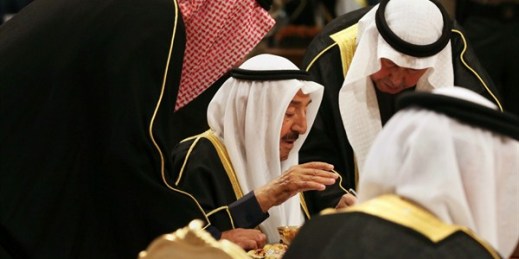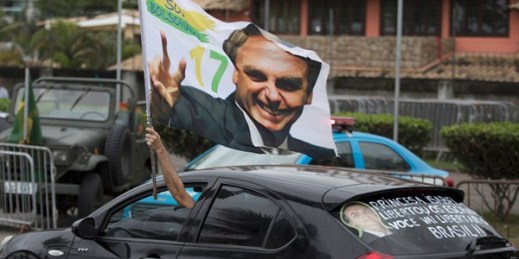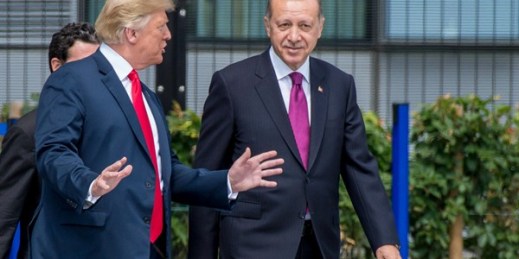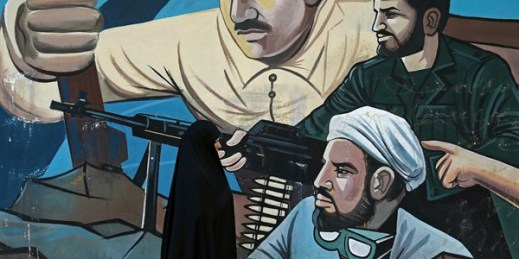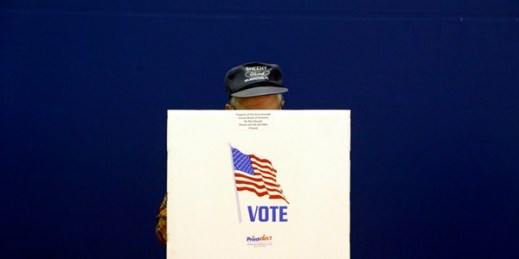
American voters delivered the House of Representatives to the Democratic Party in yesterday’s midterm congressional elections, issuing a measured rebuke of President Donald Trump’s divisive and inflammatory style of politics. Trump himself had turned the elections into a referendum on his personal brand, putting himself front and center while stumping energetically for Republican candidates nationwide over the last few weeks of the campaign. Despite strong economic growth and historically low unemployment, however, voters in key districts—including many in the usually Republican suburbs—made it clear that the laws of political gravity still exist, and that even Trump cannot violate them indefinitely. […]

